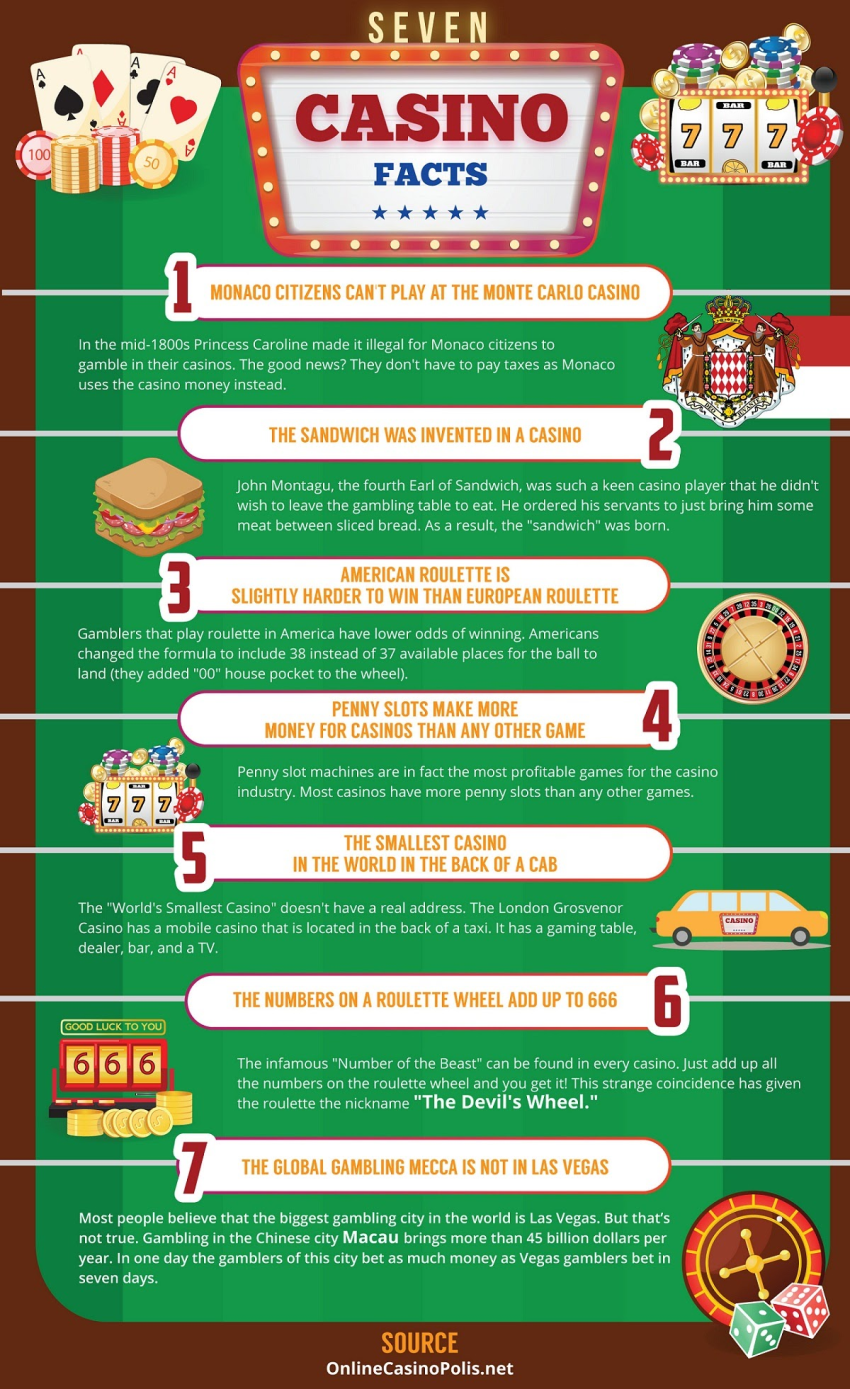Gambling facts reveal a fascinating landscape of beliefs and practices that vary significantly across cultures. As societies evolve, so do their perspectives on this age-old pastime, making it crucial to understand the cultural implications of gambling worldwide. From ancient traditions to modern gaming innovations, diverse gambling practices reflect the values, fears, and celebrations of communities. Insight into these cultural perspectives on gambling not only highlights recreational enjoyment but also emphasizes crucial aspects like responsible gambling policies. This blog post will explore the rich tapestry of gambling traditions from around the globe, illustrating how cultural context shapes attitudes and regulations in this dynamic industry.
Exploring the world of betting and gaming unveils a myriad of customs and rituals that vary dramatically between regions. The phenomenon of wagering has deep roots in many societies and is often intertwined with their historical narratives and social structures. Understanding gambling cultures means appreciating the special traditions and regulatory landscapes that define how different populations interact with games of chance. Furthermore, examining these gaming practices globally helps to illuminate the balance between entertainment and economic impact, while also fostering a conversation about responsible approaches to gambling. This journey through gambling customs worldwide will reveal not only the complexities involved but also the vital role that cultural interpretation plays in shaping the industry.
Gambling Facts: Cultural Perspectives on Global Gambling Practices
Gambling facts unveil the diverse tapestry of cultural traditions that shape global gambling practices. Across various countries, the perception of gambling is deeply rooted in cultural identity, leading to vastly different implications for regulations and societal acceptance. For instance, in many Western nations, gambling is often celebrated as a lively form of entertainment, while in other cultures, such as in parts of Asia and the Middle East, it can be shunned entirely due to religious and societal norms. This dichotomy exemplifies how cultural heritage profoundly influences how gambling is approached and normalized, paving the way for discussions on responsible gambling policies.
Furthermore, understanding these cultural perspectives is essential for gambling operators and regulators alike. By recognizing the varied significance of gambling practices, operators can tailor their services to resonate with cultural values and traditions, thereby fostering a more inclusive environment. For instance, in cultures where gambling is considered taboo, the establishment of community programs that promote responsible gambling could help mitigate any social stigma associated with gaming. By integrating cultural understanding into business strategies, the gambling industry can support a more ethical and culturally sensitive approach toward engagement.
Global Gambling Traditions: The Intersection of Culture and Regulation
The rich diversity of gambling traditions across the globe highlights the critical intersection of culture and regulation. For example, in the United States, gambling is largely viewed as a form of entertainment, leading to a proliferation of casinos and sports betting establishments. In contrast, countries with more stringent cultural norms, like Japan and many Middle Eastern nations, often impose heavy restrictions and regulations on gambling activities. These regulations reflect a profound understanding of how culture shapes societal attitudes towards gambling, ultimately guiding how the industry operates within these contexts.
As globalization continues to blur cultural lines, the evolution of gambling practices poses both opportunities and challenges. For instance, the emergence of online gambling has created a platform for cross-cultural interaction while simultaneously raising concerns regarding regulation and addiction. Therefore, it is crucial for policymakers to engage with local communities, ensuring that cultural perspectives are considered when crafting gambling laws. By fostering collaboration between the industry and cultural representatives, stakeholders can develop wholesome gambling frameworks that align with the values and norms of the communities they serve.
Frequently Asked Questions
What are some key gambling traditions worldwide and their cultural significance?
Gambling traditions vary significantly across cultures, reflecting distinct values and social contexts. For instance, in Spain and Australia, gambling is often seen as a form of entertainment, promoting social gatherings in casinos and lotteries. In contrast, places like Japan have regulated gambling spaces such as Pachinko parlors, blending entertainment with a cautious approach towards gambling. Awareness of these global gambling practices helps individuals understand the cultural significance and implications of gambling in different societies.
How do responsible gambling policies vary across different cultures?
Responsible gambling policies are tailored to fit cultural contexts worldwide. In countries like Sweden, strict regulations promote responsible gambling practices to safeguard societal welfare and prevent gambling-related issues. Meanwhile, the UK benefits economically from its national lottery, which is accepted as a legitimate form of entertainment. Understanding how these policies align with cultural attitudes towards gambling is essential for developing effective regulatory frameworks that resonate with various populations.
| Cultural Perspective | Description | Examples |
|---|---|---|
| Entertainment and Leisure | Gambling as a social activity and form of entertainment. | Spain, Australia (Casinos, lotteries) |
| Economic Impact | Gambling acts as a revenue source for governments through taxes. | UK, Switzerland (National lotteries, regulated gaming) |
| Cautionary Practices | Promoting responsible gambling to prevent addiction issues. | Sweden (Regulations for consumer protection) |
| Cultural Stigma | Negative perceptions and underground gambling due to stigma. | Middle Eastern countries (Prohibition due to religious views) |
Summary
Gambling facts from around the world highlight the deep-rooted cultural interpretations that influence how various societies perceive and engage with gambling activities. Across different cultures, gambling can be seen as an enjoyable pastime or a taboo subject, revealing the impact of societal norms and values. For instance, countries like Spain and Australia celebrate gambling as a form of leisure, while in the Middle East, strict prohibitions are in place due to religious beliefs. As globalization blends cultural boundaries, understanding these differences becomes paramount for promoting responsible gambling practices that cater to diverse populations. This ongoing dialogue fosters an inclusive environment that respects various cultural perspectives, ultimately enhancing the gambling experience globally.
